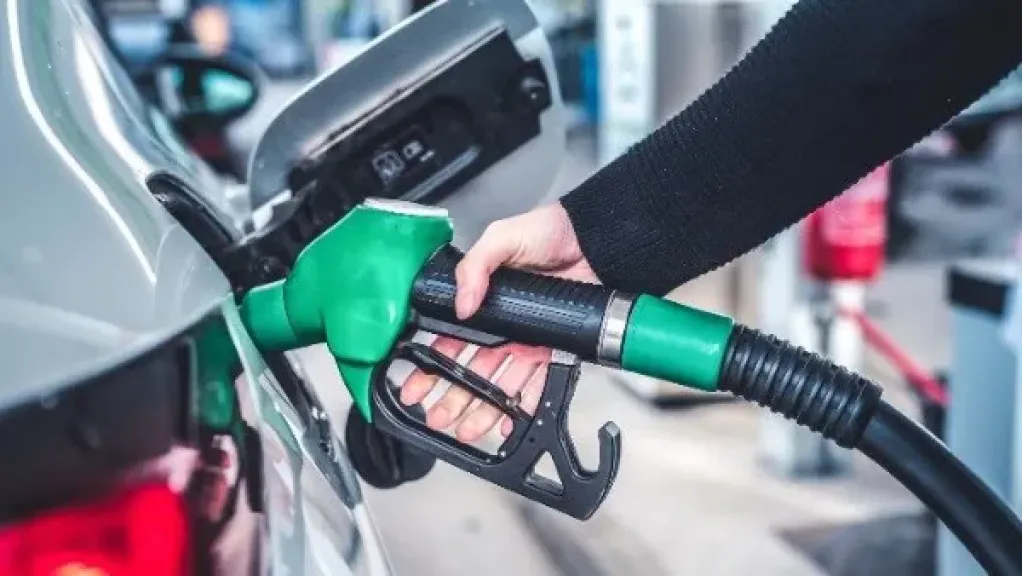Egypt Raises Fuel Prices by 11.6%, Targets EGP 28 Billion in Budget Savings for FY2025/26 Government to Maintain Diesel Subsidy Until End of 2026 to Curb Inflation

Egypt has increased gasoline and diesel prices by 11.6%, aiming to save around EGP 28 billion ($588 million) from the 2025–2026 state budget, according to a senior government official who confirmed the decision to Asharq Business.
This marks the second fuel price adjustment in 2025, with new prices effective Friday morning: Octane 80 rose from EGP 15.75 to 17.75, Octane 92 from 17.25 to 19.25, Octane 95 from 19 to 21, and diesel from 15.50 to 17.50 per liter.
Despite the increases, the government will continue subsidizing diesel until the end of 2026 to stabilize consumer prices and prevent inflationary pressures on essential goods, the official said. The savings generated from the reduction in fuel subsidies will be redirected to social protection programs, such as Takaful and Karama, expanding support for low-income families nationwide.
Without the price adjustment, fuel subsidies would have exceeded EGP 200 billion by the end of the current fiscal year, compared to EGP 154 billion allocated for FY2024/25. Under the new budget, the government aims to reduce fuel subsidy spending to EGP 75 billion in FY2025/26.
Fuel consumption has been rising sharply — gasoline usage increased by 10% in Q3 2025, reaching 25,000 tons per day, compared to 23,000 tons in the same period last year. Despite falling global oil prices and lower shipping costs, Egypt’s Petroleum Authority faces growing pressure to meet domestic demand and avoid supply shortages.
Egypt currently imports about 40% of its diesel, 25% of its gasoline, and 50% of its LPG, with fuel subsidies costing the state approximately EGP 366 million per day (around EGP 11 billion per month).
> “The goal is to strike a balance between fiscal sustainability and social protection,” the official said, emphasizing that the adjustments are part of a broader effort to rationalize subsidies while maintaining stability in local markets.


